In November 2022, the Government of the Federal Democratic Republic of Ethiopia initiated a landmark national process to develop a comprehensive transitional justice policy framework that is anchored on the pillars of justice, accountability, reconciliation and redress.
The transitional justice process envisaged in Ethiopia is essentially grounded on findings of a previously conducted internal study, recommendations of the Joint Investigation Report of the Ethiopian Human Rights Commission and Office of the United Nations High Commissioner for Human Rights, and the peace agreement signed between the FDRE Government and TPLF.
As part of this process, the Transitional Justice Working Group of Experts was established in November 2022 under the Ministry of Justice. An independent and impartial group of 13 experts drawn from higher education institutions, transitional justice and human rights scholars, human rights advocates, practicing lawyers, consultants, as well as policy and legal drafting experts, the Working Group of Experts was mandated to carry out nation-wide consultations, develop a transitional justice policy framework, and undertake post-draft policy validation workshops.
Between March 2023 and October 2023, the Working Group of Experts carried out 47 public consultations across the regions and Dire Dawa City Administration, and 11 consultations in Addis Ababa. Furthermore, in coordination with CSOs and partners representing vulnerable segments in society, the Working Group of Experts successfully organized 22 public consultation forums.
The nation-wide public consultations drew on the participation of civil society organizations, transitional justice experts, professionals with prior experience in transitional justice mechanisms, representatives of democratic and human rights institutions, leadership and representatives of political parties, activists, media professionals, women and women’s associations, persons with disabilities, children and child rights defenders, youth and youth associations, trade unions, business community representatives, justice sector
institutions, security sector officials, federal and regional government officials, and international experts on transitional justice.
The Working Group of Experts had since concluded the write-up of the ‘Report on Public Consultation and Data Collection Processes Regarding the Transitional Justice Policy Options in Ethiopia – December 29, 2023 (‘የኢትዮጵያ የሽግግር ፍትህ የፖሊሲ አቅጣጫ አማራጮች የህዝብ ምክክር እና ግብዓት ማሰባሰብ ሂደት የመጨረሻ ሪፖርት: ታህሳስ 19 2016 ዓ.ም’). It also finalized the drafting of the ‘Ethiopia Federal Democratic Republic Transitional Justice Policy January 2024’ (የኢትዮጵያ ፌዴራላዊ ዴሞክራሲያዊ ሪፐብሊክ የሽግግር ፍትህ ፖሊሲ ጥር 2016 ዓ.ም) – based on feedback received from the public, the experience in other parts of the world, and drawing from the normative provisions of the African Union (AU) Transitional
Justice Policy and other international frameworks on transitional justice. The Working Group handed over the Draft Transitional Justice Policy to the Ministry of Justice.
The next critical phase in the policy design process involved carrying out four post draft policy validation consultations with key stakeholders. In this tune, the four consultations were carried out from February 21-24, 2024 in Addis Ababa.
Organized by the Ministry of Justice, the first event drew participants from government leadership (regional and federal), the second involved democratic and human rights institutions/representatives, civil societies, media professionals, academia, transitional justice experts, and UN family offices. The third event gathered the leadership of political parties, while the last consultative event was held with the representatives of the wider population from across the country – including – victims, women and women’s associations, persons with disabilities, children and children’s rights defenders, youth and youth associations, trade unions, and business community representatives.
The policy drafting process concluded with revision of the draft policy framework submitted by the Working Group of Experts – based on feedback received from the four national validation workshops. The final draft was submitted to the Council of Ministers in March 2024. In a historic milestone, the ‘Ethiopia Federal Democratic Republic Transitional Justice Policy’ (የኢትዮጵያ ፌዴራላዊ ዴሞክራሲያዊ ሪፐብሊክ የሽግግር ፍትህ ፖሊሲ) was adopted by the Government of Ethiopia on 17 April 2024.
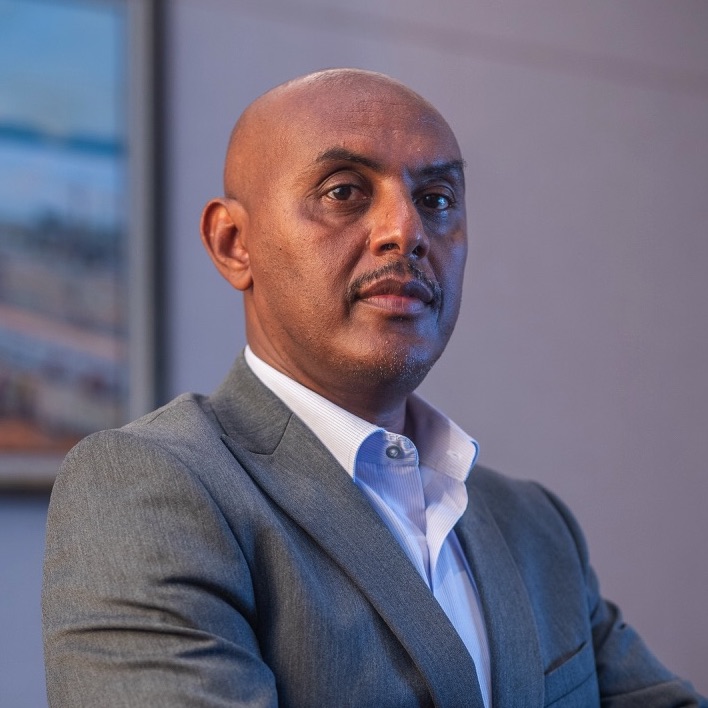
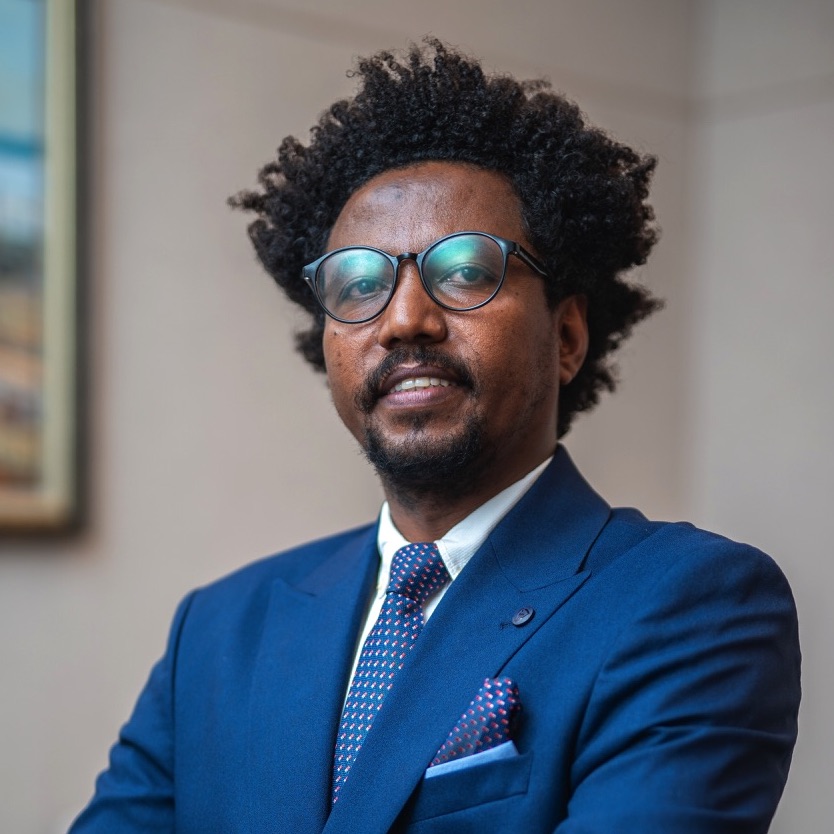



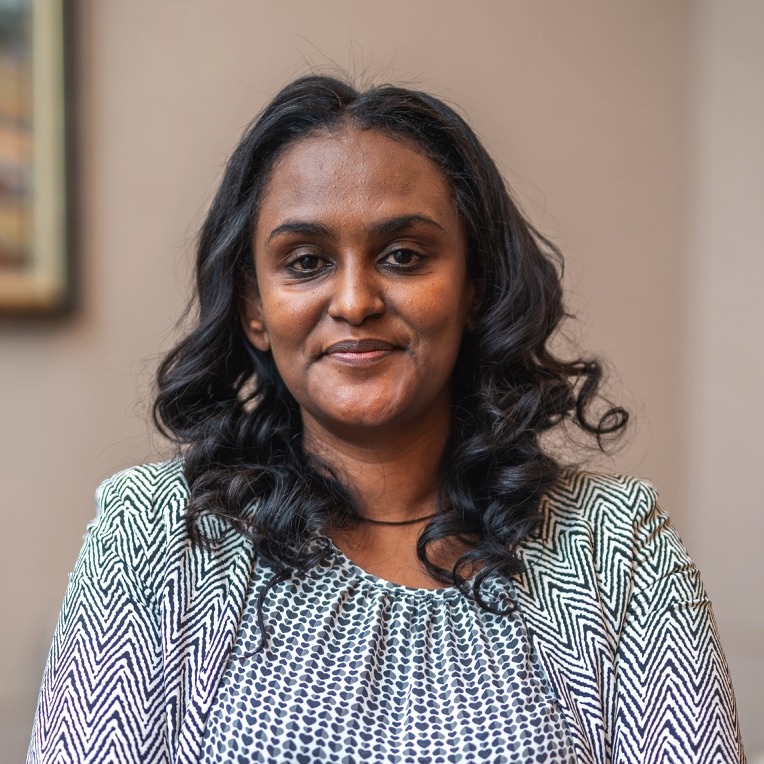

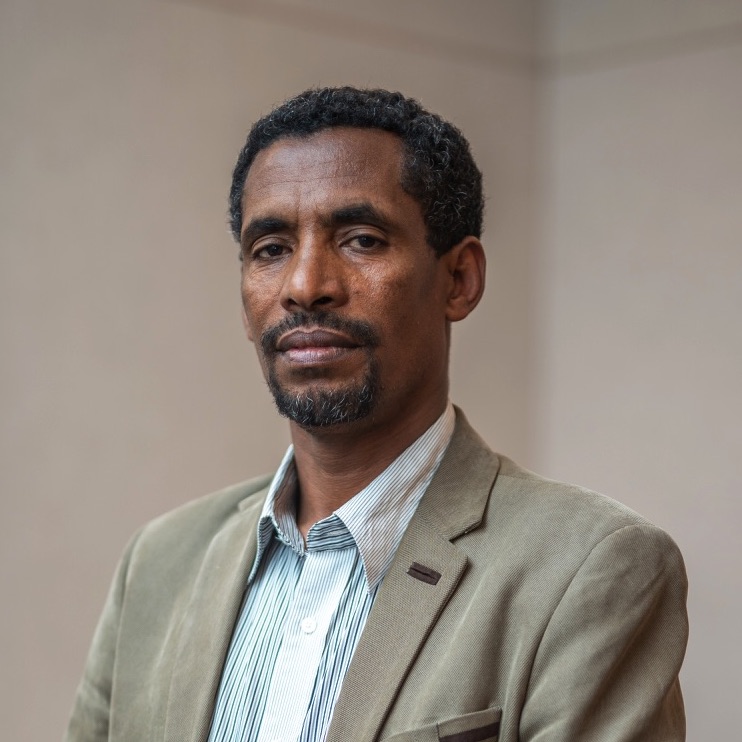



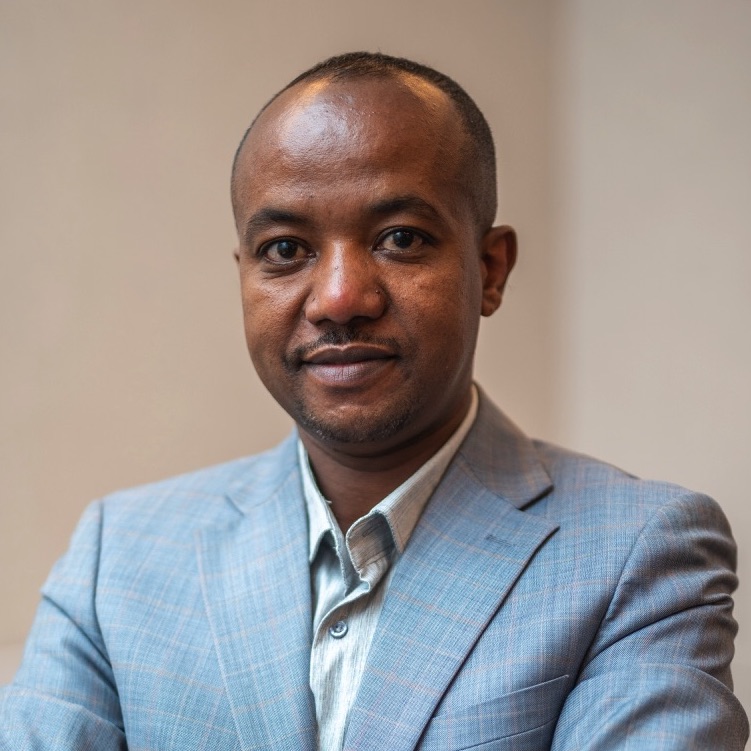


Following the events of 2022, which marked a turning point in Ethiopia’s history, the nation embarked on a bold path of reform and renewal. The government, civil society, and international stakeholders worked tirelessly to address longstanding grievances and promote accountability for past injustices. Comprehensive reforms were introduced to strengthen democratic institutions, uphold the rule of law, and ensure respect for human rights. Initiatives aimed at reconciliation and healing gained momentum, fostering dialogue and understanding among diverse communities.
Despite significant progress, Ethiopia faced formidable challenges on its journey towards transitional justice. Ethnic tensions, regional conflicts, and socio-economic disparities continued to pose obstacles to reconciliation and stability. However, amidst these challenges, notable strides were made in advancing transitional justice initiatives. Truth and reconciliation processes were initiated to facilitate healing and address historical grievances. Efforts to hold perpetrators of human rights abuses accountable gained traction, signaling a commitment to justice and accountability.


As Ethiopia looks to the future, the momentum towards transitional justice remains strong. The collective efforts of government, civil society, and international partners have laid a foundation for a more just and inclusive society. Continued dialogue, reconciliation, and institutional reforms will be essential in navigating the complexities of transition and building a future where all Ethiopians can thrive. The commitment to transitional justice underscores Ethiopia’s resilience and determination to forge a path towards lasting peace, prosperity, and justice for all.